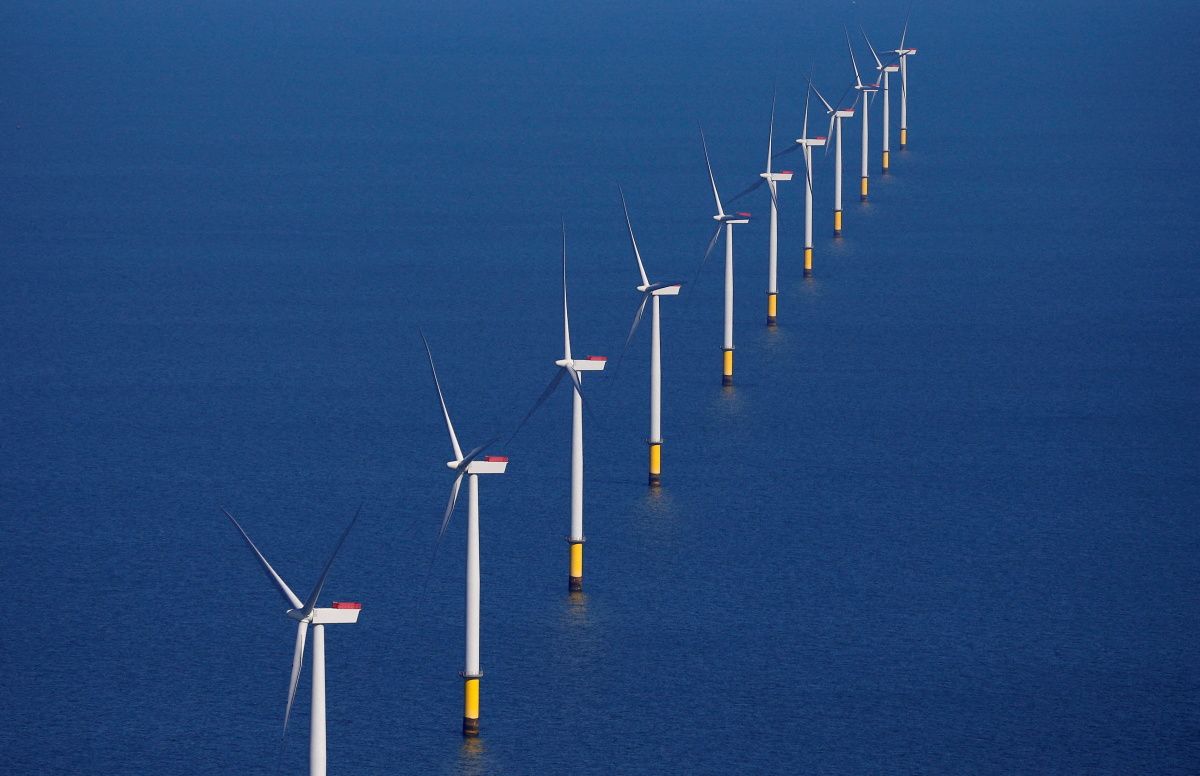Reuters / Phil Noble
Danish renewable energy giant Ørsted ended the first nine months of 2023 with an annual drop of 33% in revenue compared to the same period of 2022.
Ørsted’s net income dropped substantially over the first nine months of 2023, posting a loss of $2.8 billion (DKK 20 billion) compared to a profit of $2.2 billion (DKK 15 billion) for the same period last year, the company said in its earnings statement.
Ørsted’s share price dropped by 36.7% relative to the same period last year, falling in line with experts’ predictions. Deutsche Bank had cut its share price forecast for Ørsted by 36% last month.
The company also abandoned plans on Tuesday for an ambitious offshore wind facility off the coast of Northern New Jersey, displaying the severity of the headwinds facing the global renewable energy sector. Ørsted could be forced to write off over $5 billion for the now-defunct project, as the New York Times reported Wednesday morning.
Ørsted stock lost 16.7% in after-hours trading, and was traded at $12.80 per share in New York at 9:55 a.m. EST Wednesday.
Troubles For Wind Energy Companies
Ørsted is not the only major energy company with ongoing offshore wind projects in the U.S. that is finding it difficult to achieve profitability.
On Tuesday, British Petroleum (BP) booked a $540 million impairment after New York regulators rejected company requests to revise existing power contracts. On Friday, Norwegian state energy company Equinor booked a similar impairment of $300 million on its U.S. offshore wind portfolio for the same reason. The UK government’s offshore wind auction at the beginning of September notably failed to attract any bids from private investors.
The renewable energy sector, particularly the wind sector, has been hampered lately by a “perfect storm” of persistent inflation, high interest rates and supply chain delays, experts say. The rising cost of wind turbine components, in particular, also has contributed to this trend.
Ørsted could not be reached for comment by International Business Times.







